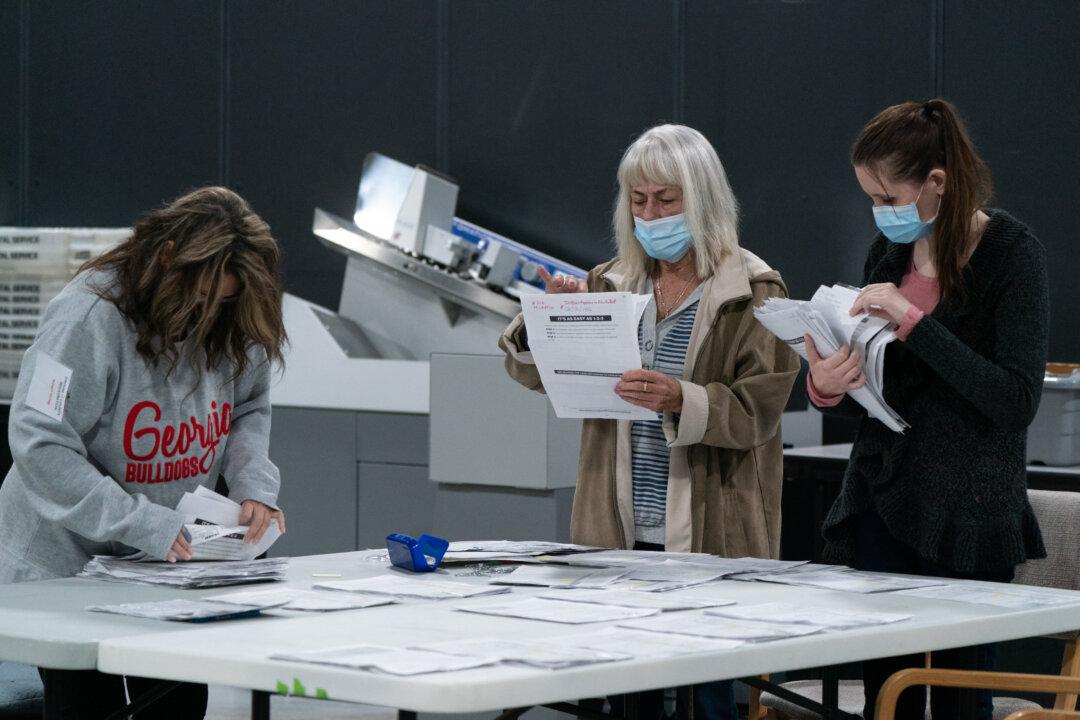Georgia state House Speaker David Ralston (R) on Monday called on top elections officials to carry out a signature re-verification of absentee ballots after President Donald Trump said the process would be a “goldmine” of fraud and sway the election in his favor.
David Shafer, chairman of the Georgia Republican Party, wrote in a tweet that Ralston had joined the president in calling for such a re-verification, a process that would require matching signatures on ballots to signatures on the envelopes that they came in, or compare signatures on envelopes to signatures on other voter registration records.





